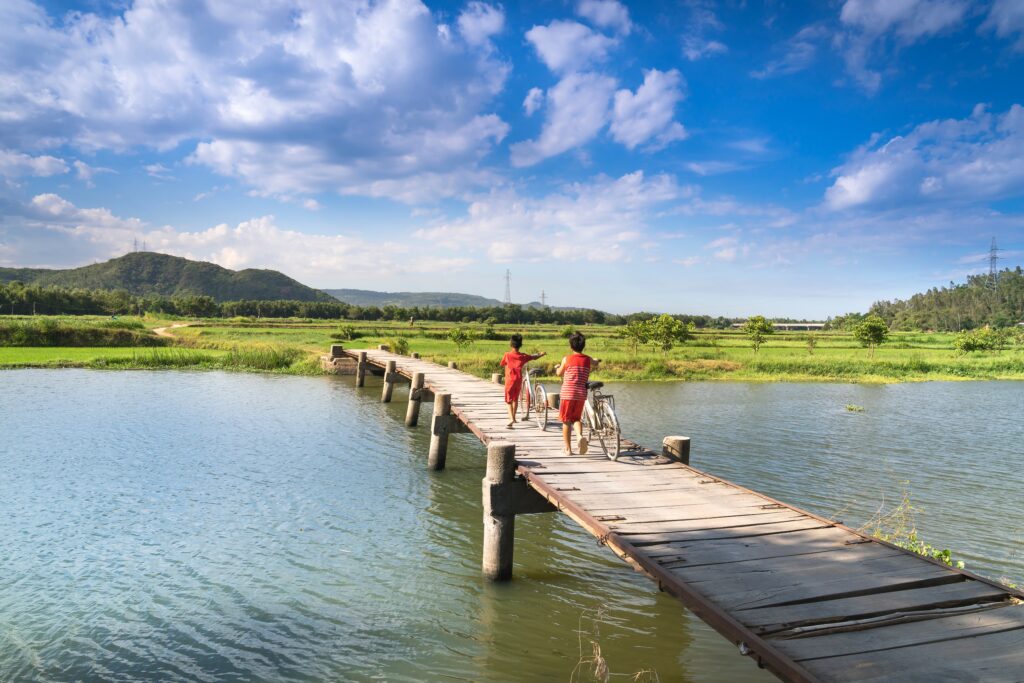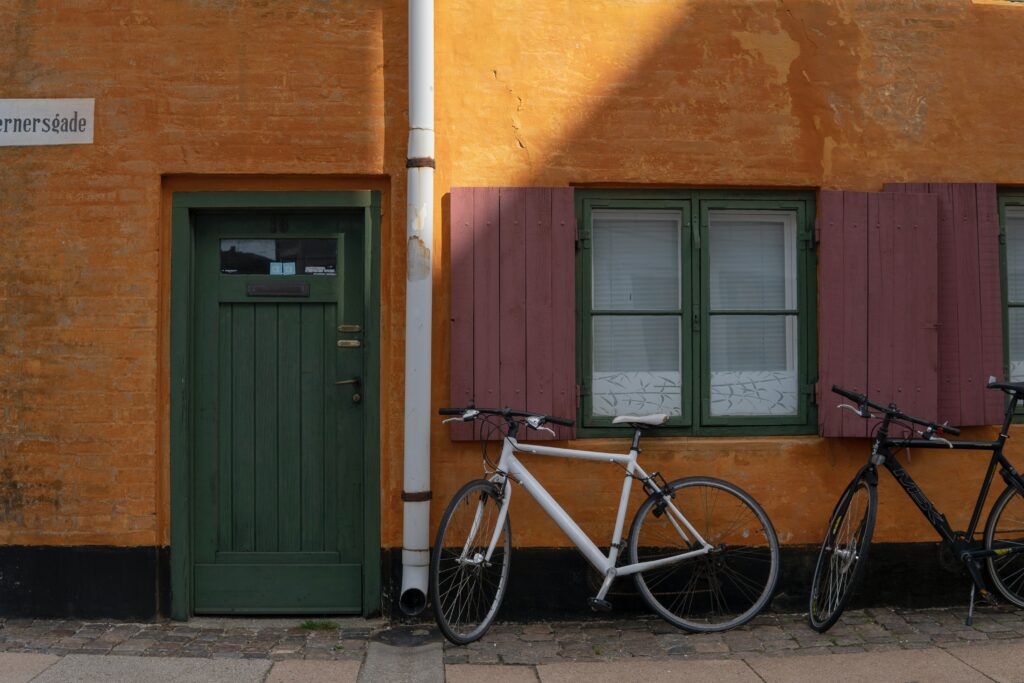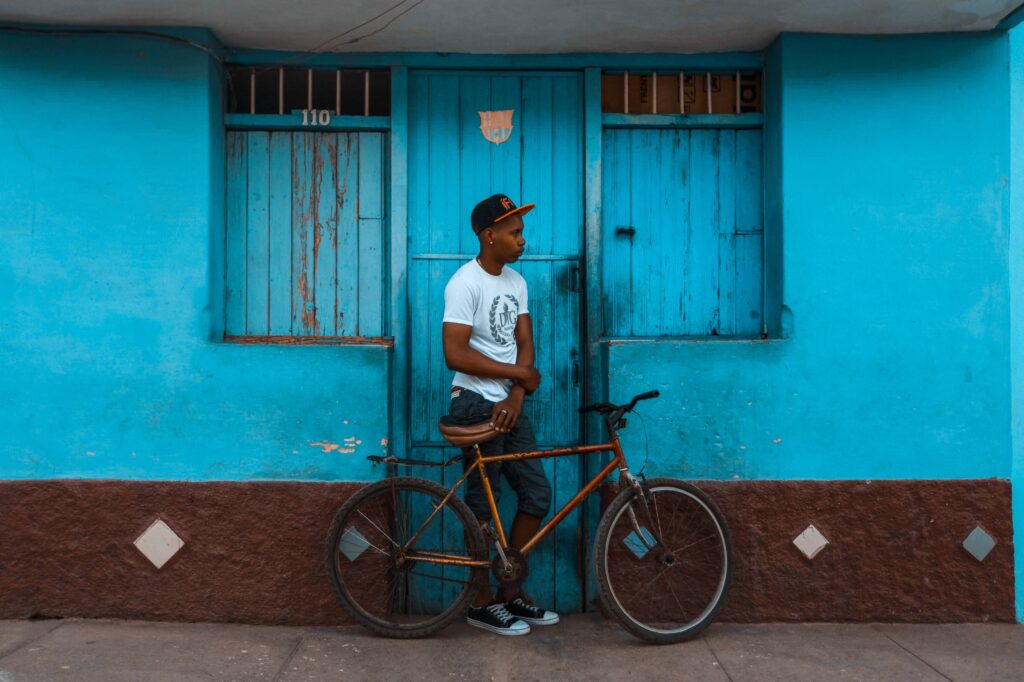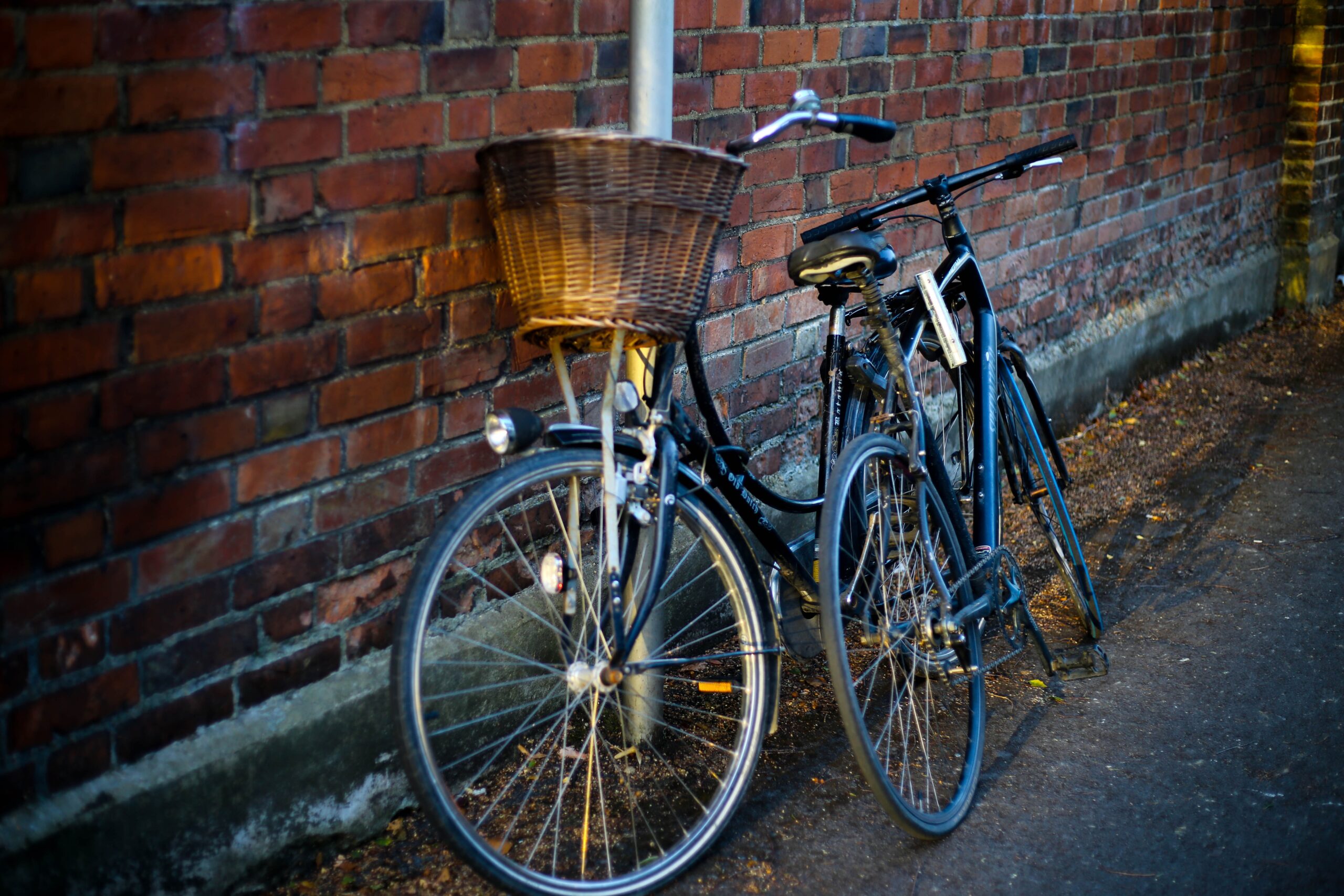A family was having financial difficulties in a small African community. They had a difficult time getting around because they lived far from the closest market. While their kids had to travel far distances to get to school, the parents had to walk for hours carrying heavy loads of merchandise to sell. It was a challenging life with few chances for advancement.
One day, families in the community received bicycles from a nearby charitable organization. One was given to the family, and it profoundly affected them. The father was able to reduce his journey time and increase his sales by using the bicycle to bring goods to the market. Additionally, he started a small delivery service with the bicycle, making money with the community.
The mother discovered that the bicycle made her work much easier. Before, she would spend hours gathering firewood and fetching water from a nearby creek. She spent less time gathering firewood and transported more water back to their house.

The bicycles delighted the children as well. They arrived at school on time and less worn out than before because they no longer had to travel far to get there. They rode the bicycles to visit friends, tour the hamlet, and take part in neighborhood activities.
The bicycles had a considerable effect on the family’s way of life. They were able to increase their income, decrease the amount of time and effort spent on daily duties, and increase their mobility.
The most important educational instrument for many youngsters in rural African villages is a bicycle, not a pencil or a notepad. As a way of bringing education, health care, and economic stability to the entire community, a number of groups give bicycles to families in Africa.
- There are few transit choices in Africa’s rural areas, so families might have to travel large miles on foot to get to marketplaces, hospitals, and schools. With a bicycle, families may get important services more quickly and with less effort.
- Children in Africa frequently travel long distances to attend school. They might be penalized by the teacher and arrive late or miss early courses. Families are particularly affected by this issue.

- Long walks to school are common for kids living in rural locations, which makes it difficult for them to attend regularly. Children who commute less and attend school more frequently thanks to bicycles may benefit greatly from their education and have better future possibilities.
- Giving bicycles to African families enables them to boost their economic circumstances. Larger and heavier loads can be transported to the market by steelworkers and chicken producers. Deliveries from dairy farms have increased by up to 25%. Bicycles are used by door-to-door salespeople and mine employees to reduce travel time. They are able to purchase essentials like food as well as educational materials because they save time and energy.
- Transporting items to and from markets on bicycles enables families to sell more things and boost their income. Small businesses like courier services or bicycle repair shops can both be started in the community.
- In Ghana and Sierra Leone, women perform the great bulk of household duties. Women use bicycles to balance large objects and cover long distances, just like men do.
- Rural areas frequently lack healthcare services, thus families may have to travel great distances to receive medical treatment. Having a bicycle can make it simpler for families to get medical services when they’re needed, which is important in an emergency.
However, having a bike is a form of defense against sexual assault for women and girls. Simply put, no longer can a man outrun them. Despite this, it is less likely that a woman will possess a bicycle in some communities in Africa.
Women who ride bicycles are discouraged in nations like Sierra Leone from the idea that doing so results in them losing their virginity. The family bicycle is taken over by boys and men, who argue that the women don’t have time to practice riding it. However, this concept is being opposed by numerous organizations.

Giving one woman a bike can make life better for the whole neighborhood. Giving bicycles to families in Africa empowers rural villages and benefits the environment at the same time.
The bicycles are made to be lightweight yet stable, making them suitable for navigating rural roads. As the need for bicycles in Africa keeps rising, the organization also teaches young people with little formal education how to build bikes, giving them a job skill that will be useful.
It can be a laborious and physically taxing duty for women and girls to collect firewood and water in many rural areas in Africa. The time and effort needed to complete these jobs can be greatly reduced by using a bicycle, empowering women and girls to opt for education and earn an income.
In addition to promoting gender equality and lightening the load of physical labor, bicycles can significantly improve access to medical care, schooling, and income-generating potential for families in rural Africa.

